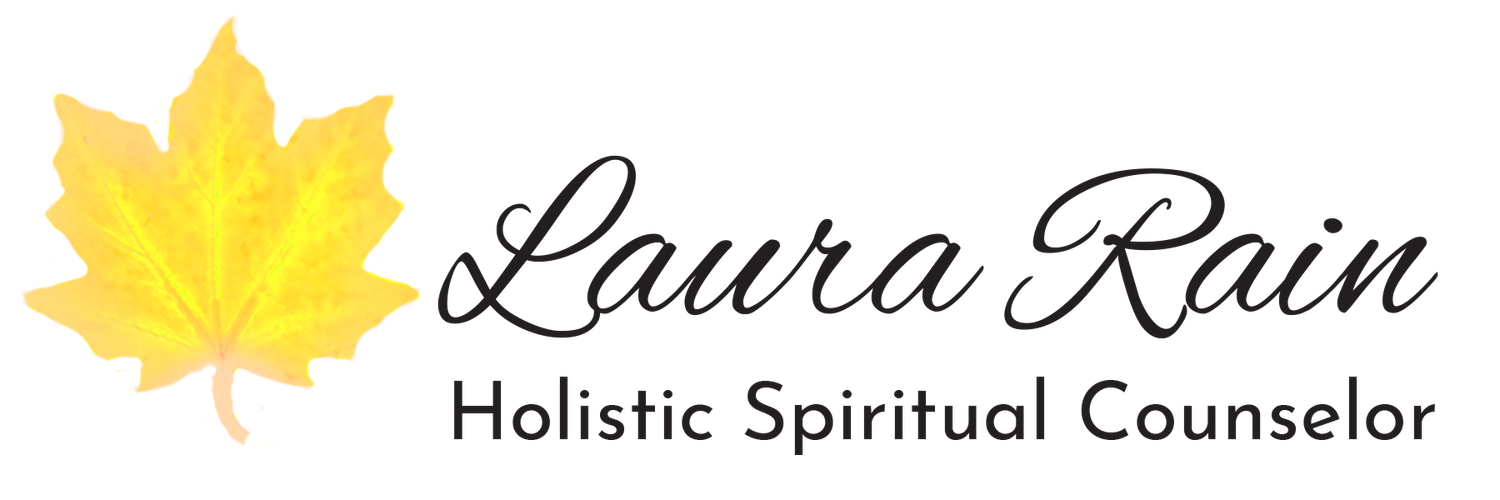Anger: How to Manage it so It Does Not Manage You.
The Divide Painting by Addie Hirschten
Anger. I can’t tell you how often I have worked with someone who feels guilty for something they have done or said while angry. Understandably so, because we all know what this feels like. When we get emotionally triggered or flooded, we can speak and act in ways that do not align with who we are. Anger itself, though, is not to blame. Anger gets a bad rap, but it’s not all bad. Anger can actually be a powerful messenger.
It can tell us when something is wrong. It can tell us when we have had a boundary crossed, whether we are crossing our own or someone else has crossed it. Anger can tell us that we are not taking care of ourselves or that we have a need that is not being met. It’s what we do with the anger that matters. Most people stuff their anger deep inside. They keep swallowing it and swallowing it until they become full of it. Once they become full, they can’t keep it from spilling out. When this happens, inevitably, it’s in a way that is not planned and occurs during an emotional charge that the person does not feel proud of. They feel like they’ve lost control of themselves and been hurtful to themselves or others, leading to guilt and beating themselves up over it, which leads to more anger. It can be a vicious cycle.
So, what do we do with anger? If we respect anger as the powerful messenger that it is, then what would happen if we could sit with our anger? First, we would recognize it, name it, and actually allow ourselves to feel it. We would ask it what it is telling us and be willing to listen.
Anger often masks a deeper, more vulnerable emotion, like sadness. I, personally, feel much more comfortable with anger. Sadness is much harder for me to feel. Once I see what is underneath the anger and allow myself to feel it, the anger often diminishes, and compassion arises.
What is your anger telling you? What self-awareness could you have if you were to stop judging yourself for it? What observation could you make about the reason for the anger? Once you discover its purpose, you could ask yourself, what is the best way for me to let go of this anger in a way that is healthy for me and not harmful to myself or others?
What self-compassion is available for you on the other side of letting go?
Would you like some more guidance in discovering what your anger is telling you and how to let go of it? This is part of what I do in a mindfulness-based approach to counseling, helping people discover tools and techniques for handling challenging emotions like anger.
Is this resonating? The next step in your journey is to book a time with me.

